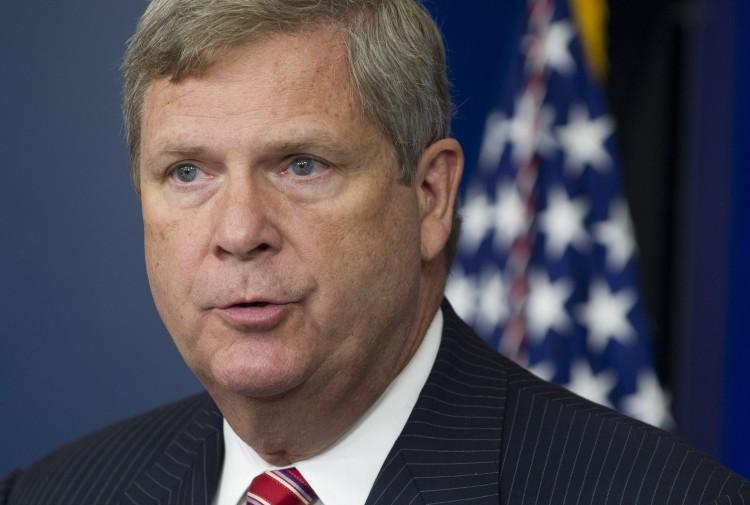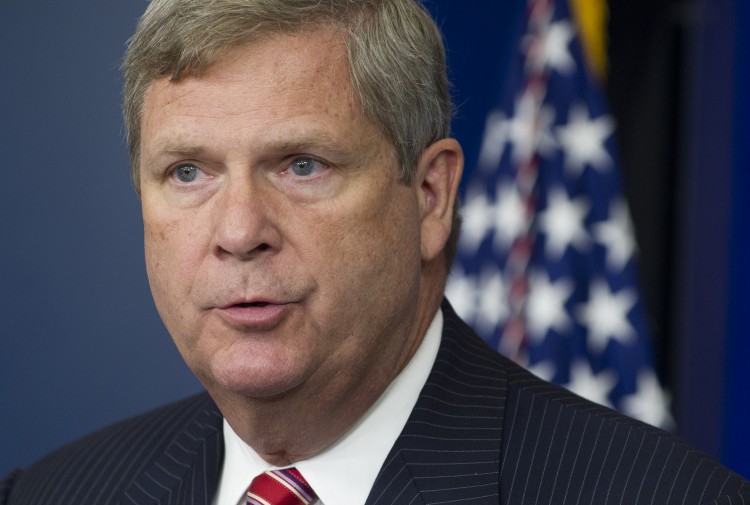A large number of American citizens are barred from voting due to a felony conviction, according to a new academic study by the Sentencing Project, a nonprofit advocacy organization on criminal justice issues.
It’s not only the felons who are serving their sentences, or out on probation or parole, who are disenfranchised. The numbers are large, could easily impact the presidential race, and vary dramatically by state.
Christopher Uggen and Sarah Shannon, professor of Sociology and doctoral candidate at the University of Minnesota, respectively, and Jeff Manza, professor of Sociology at New York University, authored “State-Level Estimates of Felon Disenfranchisement in the United States, 2010.”
They wrote that their conservative estimate found 5.85 million Americans had been denied the right to vote in 2010 due to a current or past felony conviction. The intent of the study was to provide a snapshot of disenfranchisement that would be accurate as of Dec. 31, 2010.
In 1976, the number of people made ineligible to vote after a felony conviction was only 1.17 million. By 1996, it grew to 3.34 million people disenfranchised. The U.S. justice system grew rapidly during that time.
Due to a current or past felony conviction, approximately 2.5 percent of the total U.S. voting age population is disenfranchised. The state of Florida is an outlier at a 10.4 percent disenfranchisement rate, with Mississippi (8.3 percent), Kentucky (7.4 percent), Virginia (7.3 percent), and Tennessee (7.1) following.
An ex-felon is defined as a person who has finished paying his debt to society, by serving all time, including time under court supervision. Several states prohibit ex-felons from voting. The large proportion of felons and ex-felons disenfranchised falls disproportionately in the Southern states, where a substantial percentage of African-Americans are ineligible to vote.
Of note, the numbers used and reported in this study are not headcounts. The authors say the numbers of disenfranchised by state are estimates of state felon populations using assumptions that ensure the disenfranchisement rates are not overestimated.
Researchers used various state and federal data sources and adjusted the data for recidivism and mortality. Recidivism figures are used because many felons are not home in their communities, but have returned to prison. The report adjusts estimates using race/ethnic group recidivism rates by state.
Former felons are also mortal and so the disenfranchised numbers are reduced using age-specific mortality rates.
Over 4 Million Disenfranchised
Only two states, Maine and Vermont, allow people to vote from prison. Those who are currently incarcerated constitute about one-fourth of the total disenfranchised.
The other three-fourths are parolees, felony probationers, and ex-felons. About 4.4 million people are in this group, according to the study.
In other words, says the report, “Over 4 million of the adults who live, work, and pay taxes in their communities are banned from voting. Of this total, nearly 1 million are African-American ex-felons alone.”
There is tremendous variation in how states handle felon disenfranchisement. Some 13 states disenfranchise inmates only. Thirty-five states disenfranchise parolees, and 30 states deny the vote to probationers.
The most interesting category may be the ex-felons, an estimated 2.6 million people. Eleven states do not allow ex-felons to vote: Alabama, Arizona, Delaware, Florida, Kentucky, Mississippi, Nebraska, Nevada, Tennessee, Virginia, and Wyoming.
Not all these states have a lifetime ban. Arizona only disenfranchises recidivists. Delaware requires a five-year waiting period. In 2005, Nebraska changed the ban on ex-felon voting to a two-year waiting period, after which voting rights are automatically restored. Nevada disenfranchises recidivists and violent criminals. Apparently, with some minor exceptions, Alabama, Florida, Kentucky, Mississippi, Tennessee, Virginia, and Wyoming enforce lifetime bans on ex-felons voting.
The study reports on some states’ efforts to restore civil rights to disenfranchised ex-felons. States vary considerably on the procedures, making it difficult to estimate the numbers for each state. The Sentencing Project study found few ex-felons have benefited from these programs with the exception of Delaware (13.8 percent) and Florida (16.6 percent).
Iowa is unique in restoring the franchise to ex-felons in 2005 when Gov. Tom Vilsack issued an executive order. In 2011, Gov. Terry Branstad reversed this executive order on Jan. 14, again disenfranchising former felons who have served their sentences.
The Epoch Times publishes in 35 countries and in 19 languages. Subscribe to our e-newsletter.






